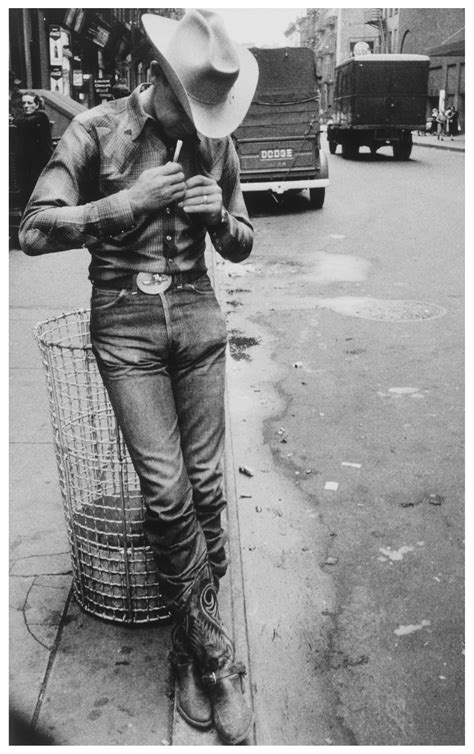A Quote by Bob Frank
Commercial roadways in communities that lack zoning laws, for example, are often an aesthetic nightmare not because of insufficient competition, and not because merchants are stupid or lack taste. Rather, the problem is that any individual merchant's sign won't be noticed unless it's bigger and more garish than those of rival merchants.
Related Quotes
It's a chicken-and-egg thing. You could send cards to everyone in San Francisco, but if the merchants don't have the terminals, what's the point? What you need is a cooperative effort with merchants in a metropolitan area to create a tipping point where you can justify advertising and merchants are willing to attempt this new payment system.
They who lack talent expect things to happen without effort. They ascribe failure to a lack of inspiration or ability, or to misfortune, rather than to insufficient application. At the core of every true talent there is an awareness of the difficulties inherent in any achievement, and the confidence that by persistence and patience something worthwhile will be realized. Thus talent is a species of vigor.
This is our dilemma--either to taste and not to know or to know and not to taste--or, more strictly, to lack one kind of knowledge because we are in an experience or to lack another kind because we are outside it. [. . .] Of this tragic dilemma myth is the partial solution. In the enjoyment of a great myth we come nearest to experiencing as a concrete what can otherwise be understood only as an abstraction.
Here then is the real problem of our negligence. We fail in our duty to study God's Word not so much because it is difficult to understand, not so much because it is dull and boring, but because it is work. Our problem is not a lack of intelligence or a lack of passion. Our problem is that we are lazy.
The real problem, if you look at how, for example, Hezbollah got a lot of missiles that are a grave threat to Israel, it's not because they were legal, it's not because somehow that was authorized under international law; it was because there was insufficient intelligence or capacity to stop those shipments.
Therefore, when a person refuses to come to Christ it is never just because of lack of evidence or because of intellectual difficulties: at root, he refuses to come because he willingly ignores and rejects the drawing of God's Spirit on his heart. No one in the final analysis really fails to become a Christian because of lack of arguments; he fails to become a Christian because he loves darkness rather than light and wants nothing to do with God.
The bigger you grow, the more intimate communication has to be. It almost has to be belly and belly. As you get bigger and bigger in an organization, everything gets more and more detached and everything is on email or voicemail. That's the worse thing because lack of intimacy is one of the downsides (of growth).
As the great naturalist Charles Darwin saw clearly, individual and collective interests often coincide, as in the invisible hand narrative. But he also saw that in many other cases, interests at the two levels are squarely in conflict, and that in those cases, individual interests generally trump. That simple observation suggests that market failure is often the result not of insufficient competition (the traditional charge from social critics on the Left), but of the very logic of competition itself.
More often than not when we do not like our work, it's not necessarily because of the work itself. But more often because of the people we work with and more importantly because of the lack of leadership. It is amazing how inspired and motivated we can be when we like the people and when we feel like we show up to work because our leaders care about our wellbeing. It is kind of incredible actually.
Lack of self-confidence is, more often than not, simple laziness. We feel confused and uncertain because we do not know. But instead of making the effort to investigate, we procrastinate and worry. We tell ourselves we can't instead of learning how we can. If we used the mental energy we expend in worry and fear to get out and find out about what we do not know, we would see our self-confidence grow. Lack of self-confidence is not overcome by faith, but by action. It is a lack, not of certainty, but of effort. Too often we are certain that we can't before we give ourselves a fair chance.































